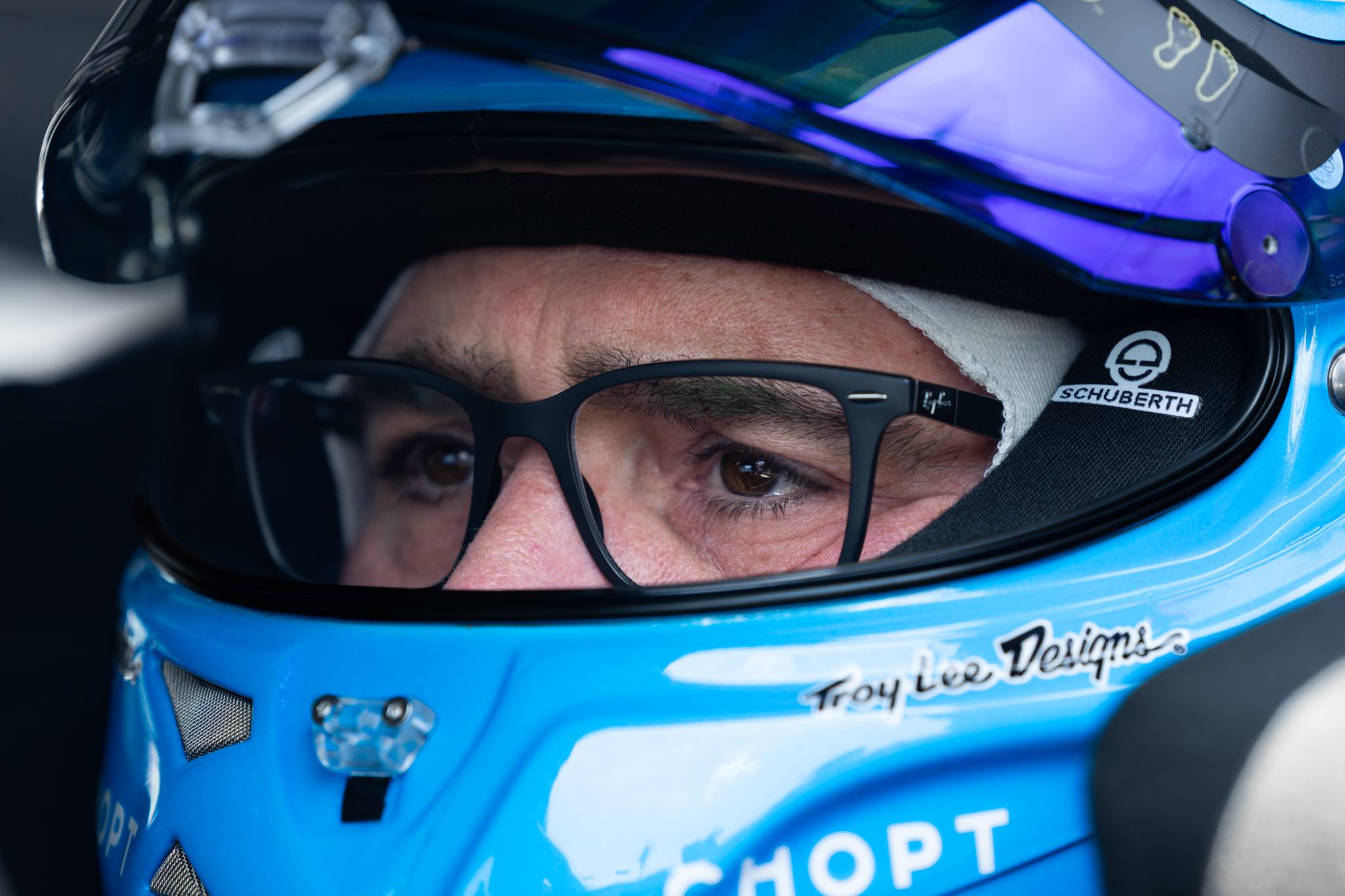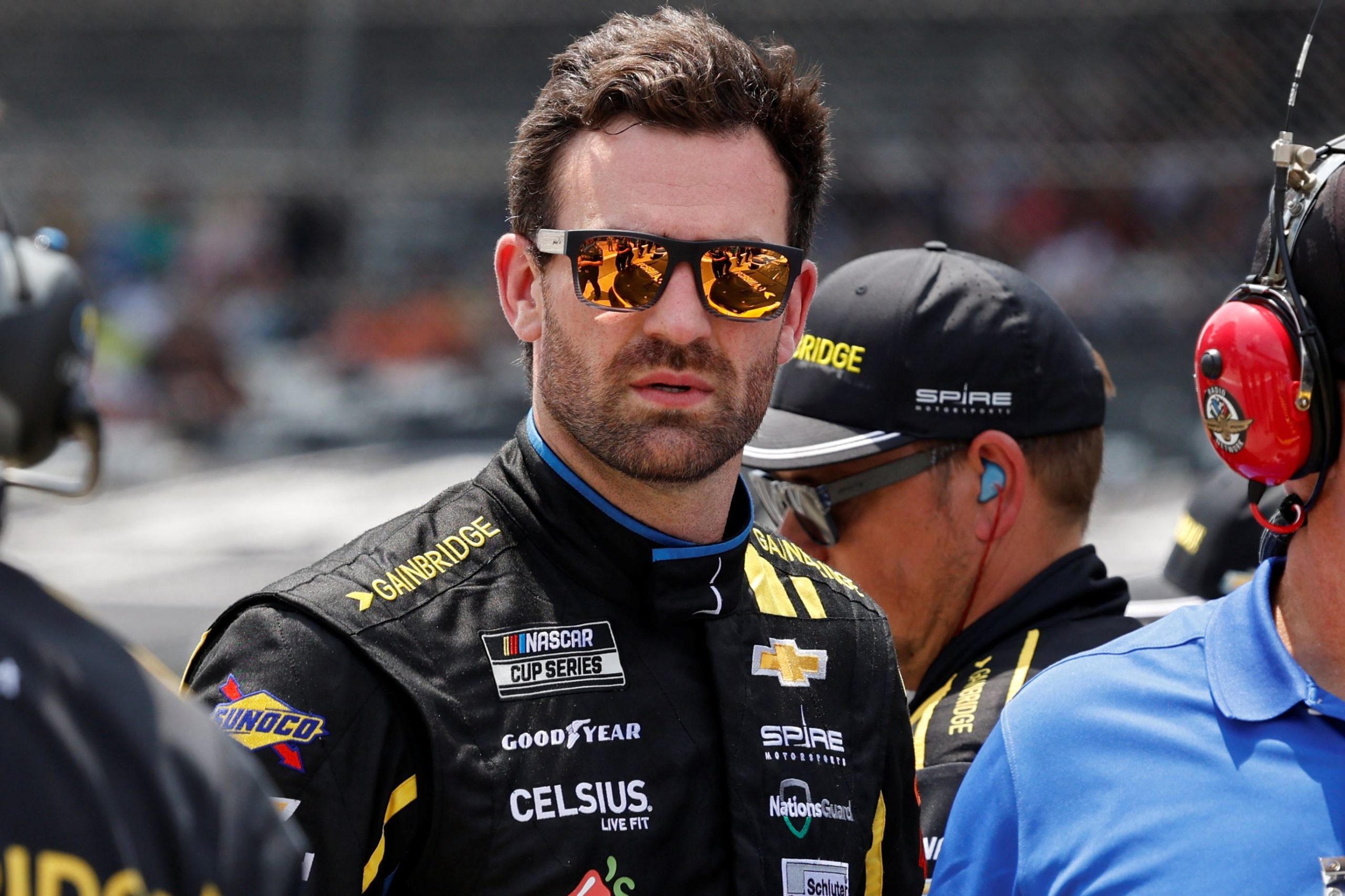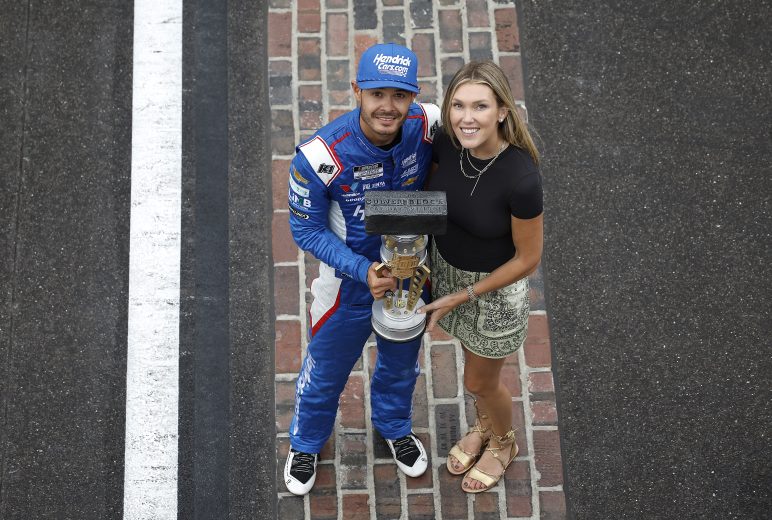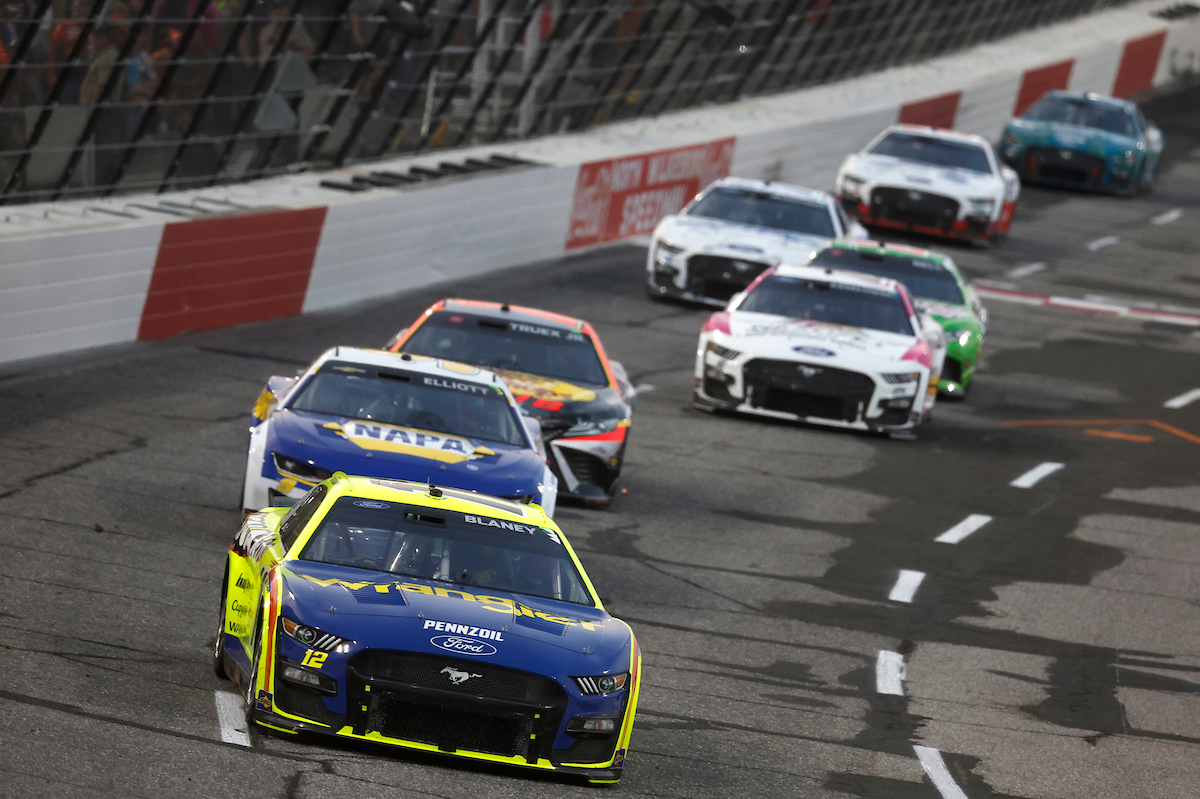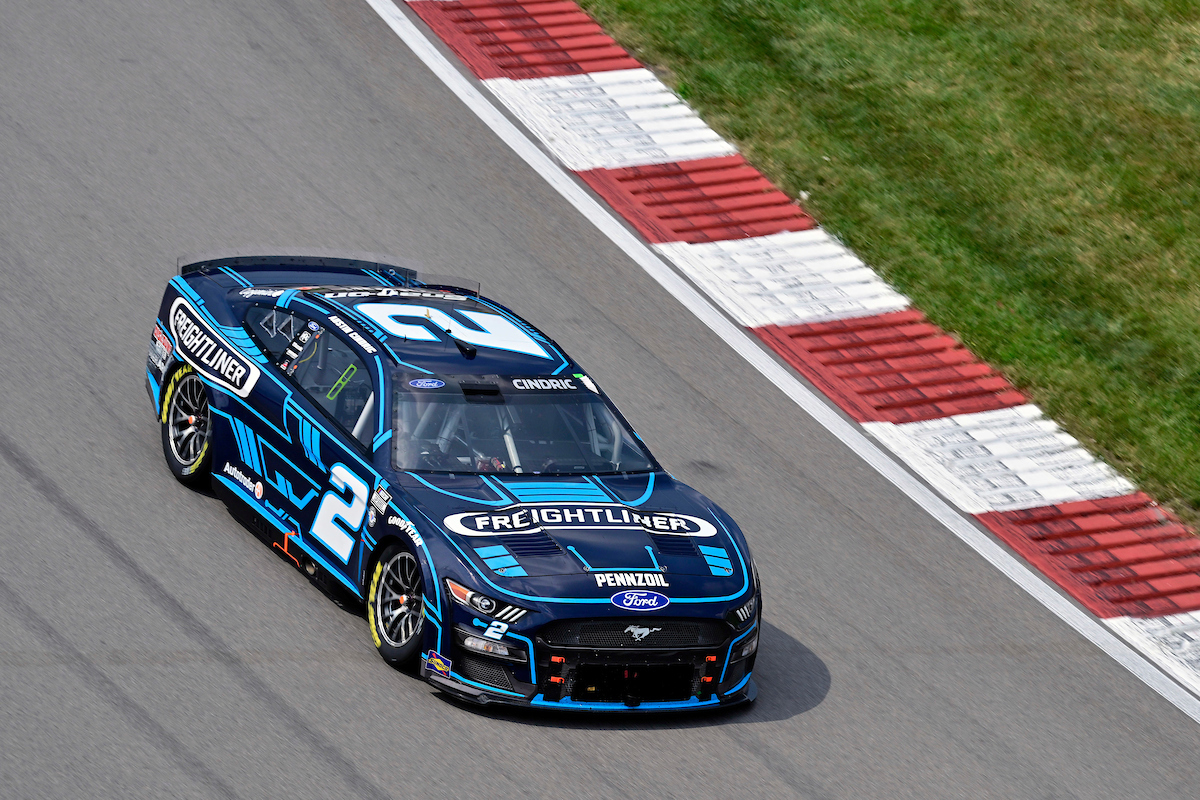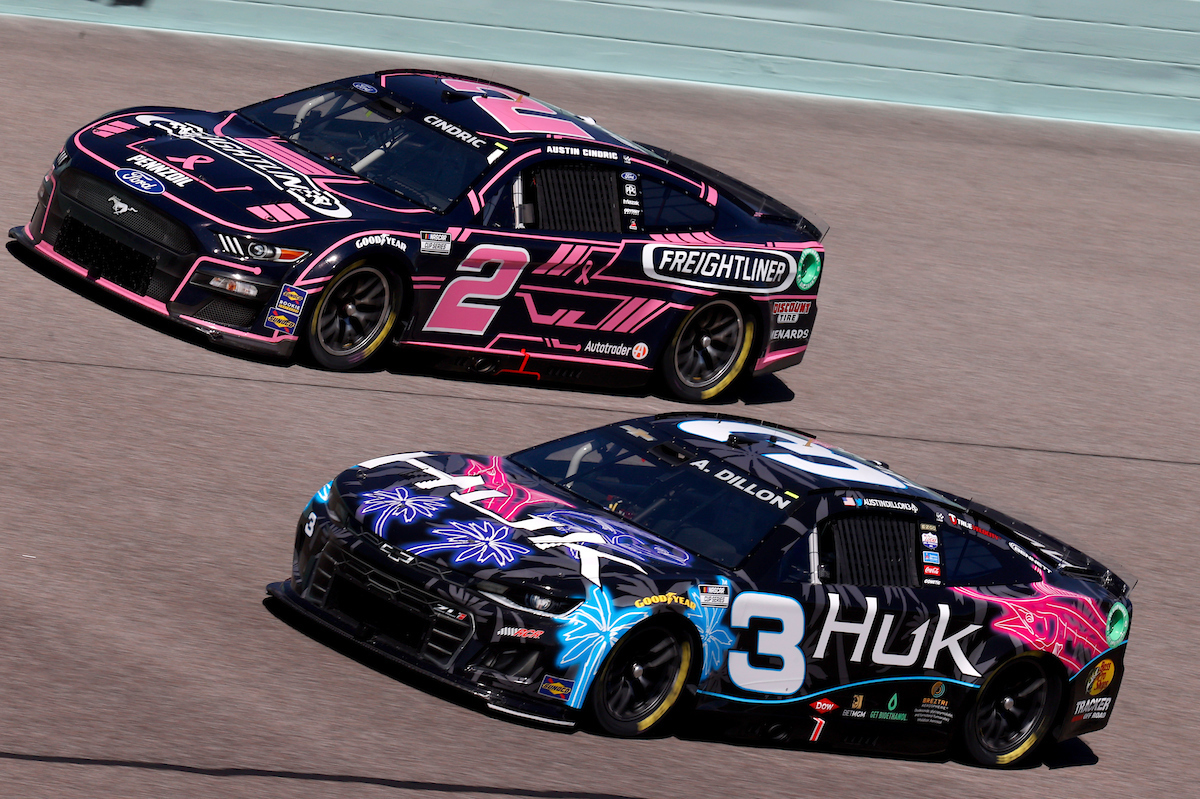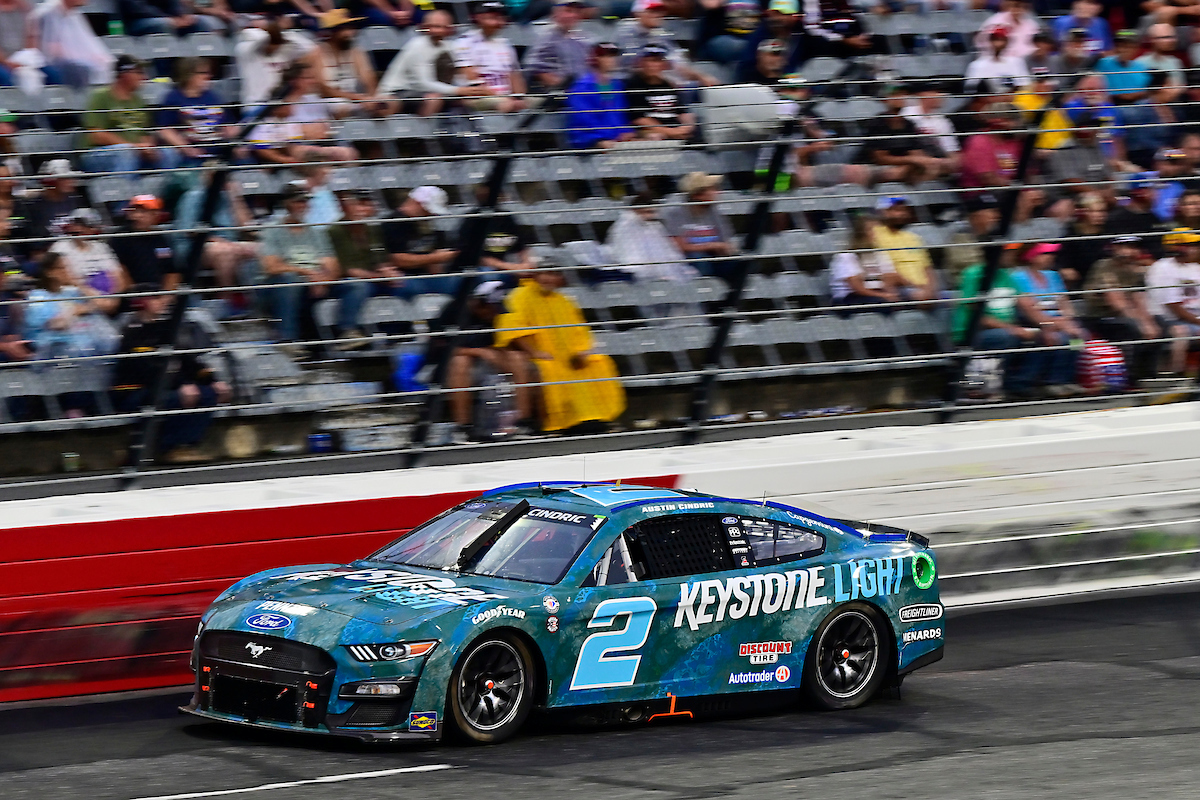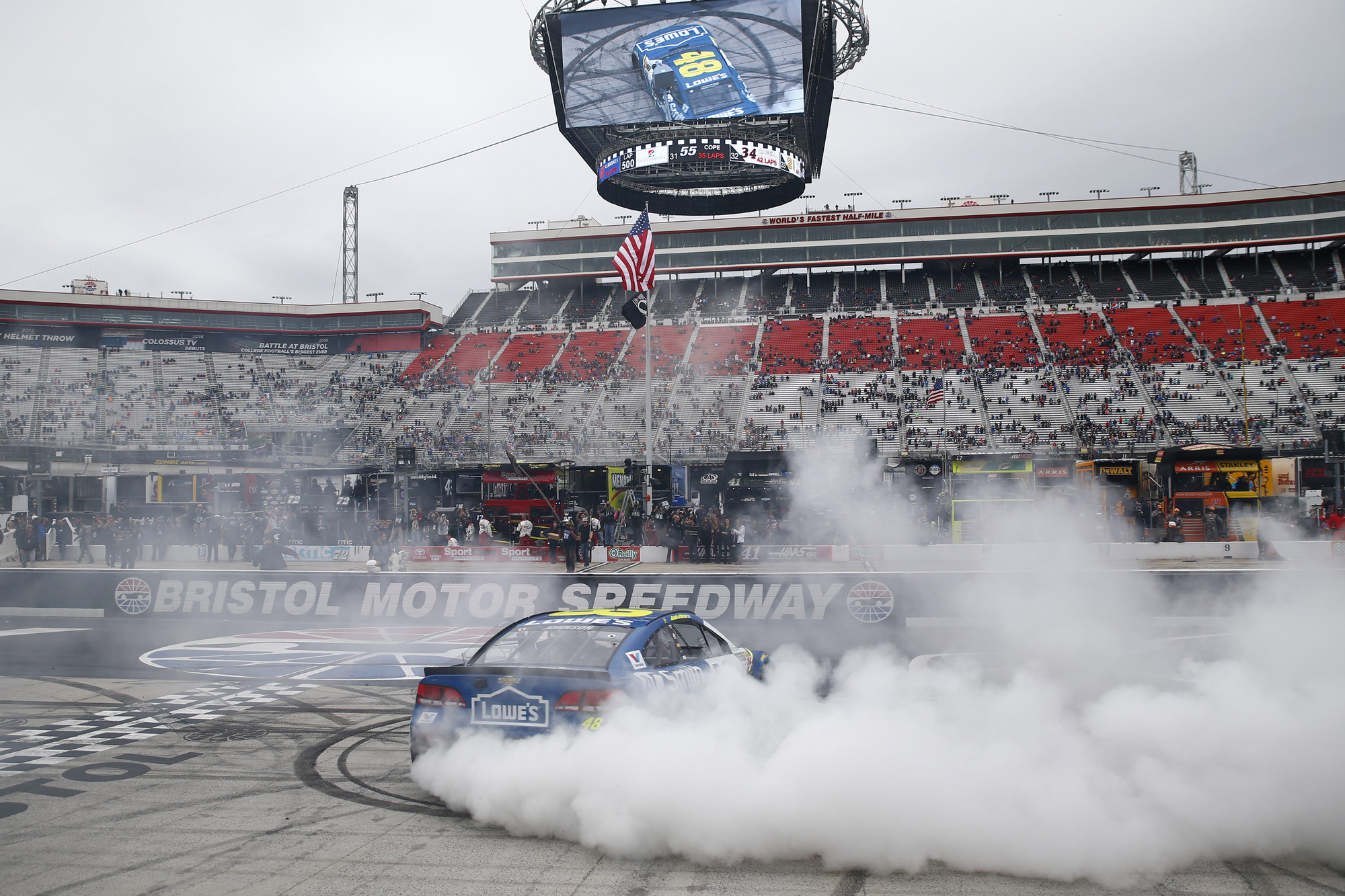Why are F1 pit stops faster than NASCAR?
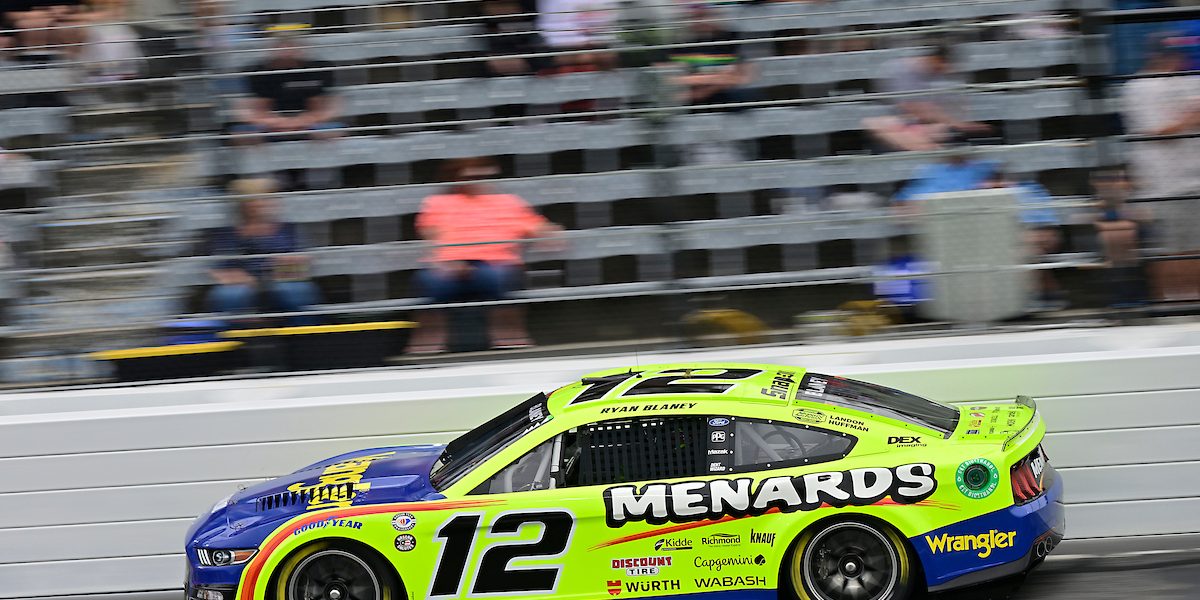
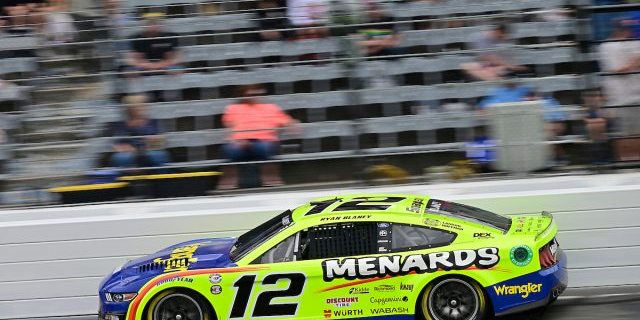
You’ve probably noticed it yourself—F1 pit stops are blazingly fast, leaving you wondering, “Why are F1 pit stops faster than NASCAR?”
The answer is straightforward: F1 pit stops are generally faster than NASCAR pit stops due to specialized tools, fewer regulations on the number of crew members, and a more focused scope of work during the stop.
Table of Contents
In this article
In this article, we will delve into the complexities and nuances that make F1 pit stops faster than their NASCAR counterparts. We’ll explore the specialized tools and strategies involved, regulations affecting the speed, and even the philosophy of each type of pit stop.
A Detailed Explanation of Why F1 Pit Stops are Faster
Specialized Tools Make a Difference
One of the most significant factors contributing to the speed of F1 pit stops is the usage of specialized tools designed for quick and efficient servicing. For instance, the wheel guns used in F1 are incredibly high-powered, enabling crew members to change tires in just a few seconds. These tools are a crucial part of what makes an F1 pit stop so fast.
More Crew, Less Time
In F1, there are fewer restrictions on the number of crew members that can participate in a pit stop. This allows for more hands on deck, quite literally, enabling each crew member to focus on a very specialized part of the job. In contrast, NASCAR regulations are stricter about the number of people who can be over the wall and in the pit at one time, which naturally makes the process take longer.
Focused Scope of Work
F1 pit stops are generally more focused and streamlined in terms of what needs to be accomplished. Typically, F1 pit stops involve a simple tire change and minor adjustments, unlike NASCAR pit stops, which might include refueling and more extensive adjustments. The narrower scope of work in an F1 pit stop contributes to its swiftness.
Regulations and Philosophy
The rules governing F1 and NASCAR pit stops are different, reflecting the distinct philosophies of each type of racing. F1 emphasizes speed and efficiency to a greater extent, both in terms of the car and the pit crew. NASCAR, on the other hand, has a different set of challenges and priorities, including longer race durations and different track conditions, which necessitate a broader range of adjustments during pit stops.
Here’s everything else you need to understand this fascinating difference in the world of motor racing.
The Role of Team Training
Precision Over Broad Skills
In F1, pit crew members often undergo specialized training for their specific roles. The philosophy here is to achieve the utmost precision in the least amount of time. For example, the person responsible for the front-left tire is an expert in that specific task. This specialization allows for unparalleled efficiency, as each team member knows their role inside and out.
The Importance of Drills
Regular and rigorous practice is another element that contributes to the speed of F1 pit stops. Drills are run ad nauseam to reduce any chances of error and to improve speed. The result is a crew that operates almost robotically in its efficiency, each member in perfect harmony with the others.
Strategy in Pit Stop Execution
Tactic Versus Duration
In F1, even the strategy around when to pit is highly calculated to minimize time loss. Teams employ a range of tactics, from “undercutting” to “overcutting,” all designed to shave off valuable seconds. These strategies can involve pitting before or after opponents to gain a tactical advantage, considerations often less emphasized in NASCAR.
The Art of the Double Stack
Sometimes you’ll see an F1 team execute what’s called a “double-stack” pit stop, where both of their cars come in one after the other, with only a few seconds between them. This move, while risky, shows the incredible level of coordination and speed at which F1 teams operate.
The Engineering Behind Speed
Material Choices
Believe it or not, even the materials used in F1 cars and tires are engineered for speed. Carbon fiber components are lighter and more durable, allowing for quicker acceleration and deceleration. This plays a part in making not just the car but also the pit stop faster.
The Pit Lane Itself
Even the pit lane in F1 is designed with speed in mind. Everything from the surface material to the layout is engineered to facilitate the quickest possible entry and exit, something not always observed in NASCAR where pit stalls and lane designs can vary more significantly from track to track.
Now that we’ve covered these essential points, let’s wrap up what we’ve learned and examine some final thoughts.
Why are F1 pit stops faster than NASCAR? – Final Thoughts
You’ve navigated through the intricate world of F1 and NASCAR pit stops, discovering why the former usually leaves the latter in the dust. From specialized tools and focused crew training to strategic decisions made in the heat of the race, F1 has honed the art of the quick pit stop to near perfection. It’s more than just speed—it’s a blend of engineering, strategy, and human performance operating at peak levels.
So, the next time you’re on the edge of your seat, watching those crucial seconds tick away during a pit stop, you’ll have a deeper appreciation for what goes into making F1 pit stops faster than NASCAR. Keep enjoying the speed, the strategy, and the skill that make motor racing an exhilarating spectacle!
Why are F1 pit stops faster than NASCAR? – Frequently Asked Questions
Why do F1 cars not refuel during pit stops?
F1 cars do not refuel during pit stops to enhance safety and to make the race more strategically interesting. It also helps in speeding up the pit stops.
How many crew members are in a typical F1 pit stop?
A typical F1 pit stop involves around 20 crew members, each responsible for a specific task, such as changing tires or making minor adjustments.
What is the fastest F1 pit stop ever recorded?
As of my last update in September 2021, the fastest F1 pit stop ever recorded was 1.82 seconds by the Red Bull Racing Team.
Are NASCAR pit stops slower because of refueling?
Refueling does play a role in the longer duration of NASCAR pit stops, along with other factors like fewer crew members and more complex adjustments.
How do F1 teams practice for pit stops?
F1 teams practice through rigorous drills and simulations to optimize each movement for speed and precision.
Can the pit crew be changed during a race in F1 or NASCAR?
No, the pit crew cannot be changed during a race in either F1 or NASCAR, as they are considered a crucial part of the team’s strategy and execution.
That’s all for now, speed aficionados! Keep your eyes on the track and your mind on the game. Until next time!

